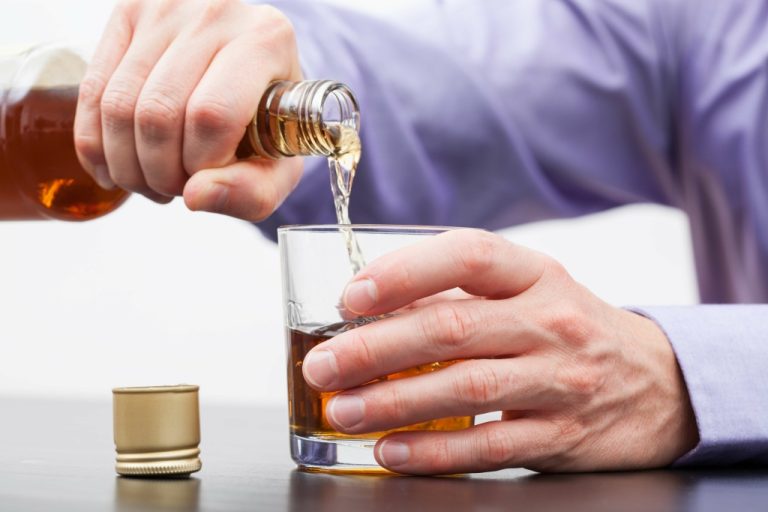How to Identify Healthy Relationships in Recovery
Variability in mood, unpredictable reactions, and emotional volatility romantic relationships in recovery further suggest toxicity. Seeking professional support such as counseling or therapy is advisable when addressing relationship challenges. Professionals can assist in identifying patterns, rebuilding trust, and addressing unresolved conflicts. If you or a loved one is struggling with addiction, don’t hesitate to contact us. Let us help you build the foundation for a life of sobriety and meaningful connections.
Understanding the Impact of Sobriety on Interpersonal Dynamics
Examples include covering for a loved one’s mistakes, making excuses for their behavior, or taking Alcoholics Anonymous on responsibilities that should belong to the other person. Signs include feeling worse after interactions, being unable to express needs freely, experiencing hostility or conflict, and noticing recurring patterns of disrespect and dishonesty. Toxic individuals tend to drain energy, foster drama, and manipulate circumstances to their advantage, undermining personal well-being.

Treatment & Support
Surrounding yourself with these individuals will help you stay motivated and grounded in your recovery. Healthy relationships allow for people to establish boundaries, so everyone feels safe. Trust establishes respectful vulnerability allowing for the relationship to progress in a healthy manner. If someone recovering from addiction does not trust their partner, they may hide progress of sobriety from their partner, or feel they cannot be vulnerable about their sobriety.

The Impact of Healthy Relationships on Recovery
Cultivating healthy relationships is a vital component of building a sustainable and fulfilling life during and after recovery. Healing relationships in recovery requires a collective effort from all parties involved. Recovering from addiction necessitates establishing and maintaining healthy boundaries in relationships, as outlined by the Hazelden Betty Ford Foundation.
Why a gradual taper is recommended for benzodiazepine detox
Couples counseling can provide a safe space to address issues such as trust, https://kolomanski.law/101-sobriety-quotes-powerful-motivations-to-stay/ communication, and boundary-setting. Working with a professional can help both partners develop effective communication skills, learn to express feelings openly, and build a strong foundation of support. Ending or distancing oneself from toxic relationships is a vital act of self-care. It helps protect mental health, prevents relapse, and fosters an environment conducive to personal growth. Overall, managing unhealthy relationships through awareness, boundary-setting, and seeking supportive environments is essential on the recovery journey.
The Dangers of Heroin Withdrawal and How Medical Detox Can Help
- One of the positive aspects of the recovery journey is the opportunity to forge new connections and relationships.
- Read on to understand why building healthy relationships in recovery is essential and how to nurture these connections.
- Relationships while in recovery are often frowned upon, at least for people who are newly sober.
To rebuild self-love, engaging in practices that foster self-compassion is essential. Techniques such as journaling allow individuals to process emotions, reflect on progress, and identify personal strengths. Meditation helps cultivate mindfulness and a peaceful mindset, reducing negative self-talk. Rebuilding relationships after addiction is a gradual process that hinges on consistent, sincere effort from all involved.





